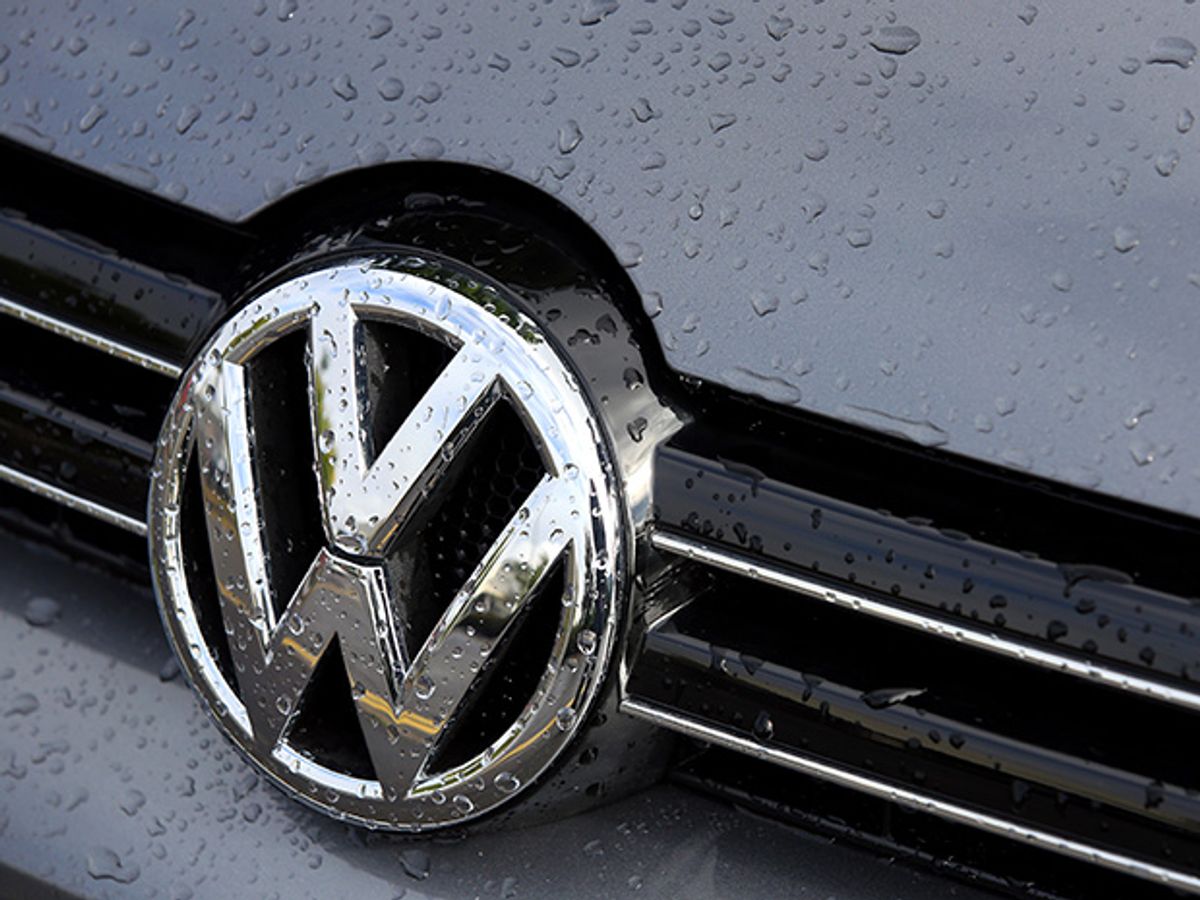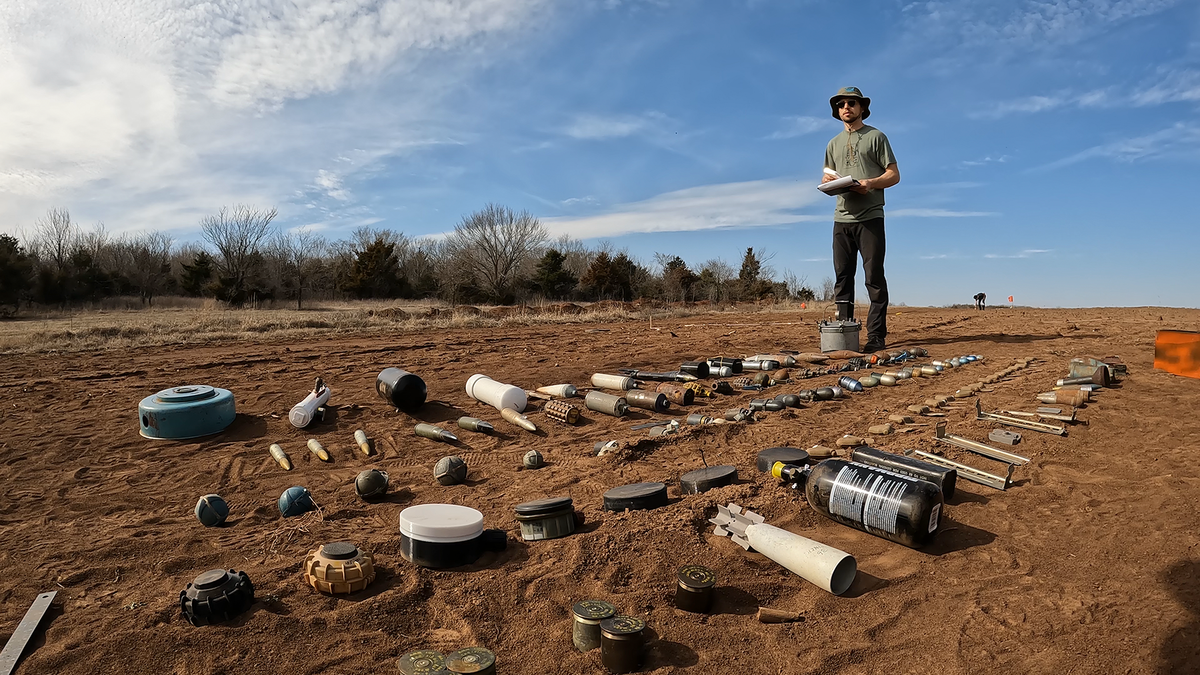Volkswagen’s installation of a software “defeat device” in 11 million Volkswagen and Audi diesel vehicles sold worldwide has led to a massive vehicle recall in the United States and an official apology from the company’s now-ex CEO.
The clever and sneaky algorithm, installed in the emissions-control module, detects when the cars were undergoing emissions testing. It ran the engine cleanly during tests and switched off emissions control during normal driving conditions, allowing the car to spew up to 40 times the U.S. Environmental Protection Agency’s maximum allowed level of nitrogen oxides, air pollutants that cause respiratory problems and smog.
“This is shocking,” says Yotam Lurie, a senior lecturer of business ethics at Ben-Gurion University of the Negev in Israel. “It’s shocking that the software engineers of Volkswagen overlooked and neglected their fiduciary responsibility as professionals. Professionals who have a semi-regulatory responsibility within the organization to ensure safety, in this case environmental safety, even when this is less efficient or economical.”
Lurie’s recently published paper on Professional Ethics for Software Engineers touches on the heart of this matter. That Volkswagen chose a software device is not surprising because software lends itself to special adoptions and is more difficult to discover then hardware changes, Lurie says. He compares the software engineers to the accountants in the Enron case who collaborated with the organization to create accounting loopholes and failed to protect the public by not providing proper auditing.
But while the news is dismaying and shocking, “I wish I could say I was completely surprised,” says Shannon Vallor, chair of the department of philosophy at Santa Clara University in California. “The expectation of corporate wrong doing has become normal.”
This can’t be the act of a few rogue engineers, she says. The implications go all the way up the corporate ladder. “We see how widespread among the product line this device was. It would have had to be tested and updated. This is serious, massive coporate maleficience that affects people’s health. There’s no question that everyone involved knew this was unethical.”
The case highlights the failures of a compliance mindset, Vallor adds. It shows that ethics are typically considered in terms of staying within certain externally enforced rules. Agencies like the EPA enforce rules and professionals pursue their jobs in any way they like as long as they don’t violate those rules. “It’s just a box you check off on a list of rules,” she says. “It implies that as long as you don’t get caught violating rules, there’s no harm.”
Of course there is no single solution to such a deep systemic problem. To prevent something like this from happening again would require an overhaul of the regulatory structure, business ethics, corporate culture, and also engineering education.
Laws and their enforcement need to be tightened so that people in the C-suite have something to fear, Vallor says. Business and corporate ethics programs could then more clearly outline consequences of ethics violations. Nearly all cases of corporate cheating lead to fines, but not criminal charges and prison sentences.
We could also be a doing a better job teaching engineering ethics. Ethics has only entered engineering curricula in the past few decades. ABET requires that graduates have “an understanding of professional and ethical responsibility.” Many engineering institutions don’t have ethics course requirements. In some that do, the requirement is a philosophy or religion class and not a specific engineering ethics course.
In some ways, this goes back to the compliance mindset, Vallor says. “It’s just a course that you check off on the requirements, and it’s value is very limited,” Valor says. “We need to move away from this compliance mindset and think about how ethics education could be integrated. A lot of times they’ll bring in someone like me to teach engineering ethics. But engineering professors are not expected or encouraged to introduce ethics into their curricula. Until that happens, things will be short of optimal.”
Prachi Patel is a freelance journalist based in Pittsburgh. She writes about energy, biotechnology, materials science, nanotechnology, and computing.



